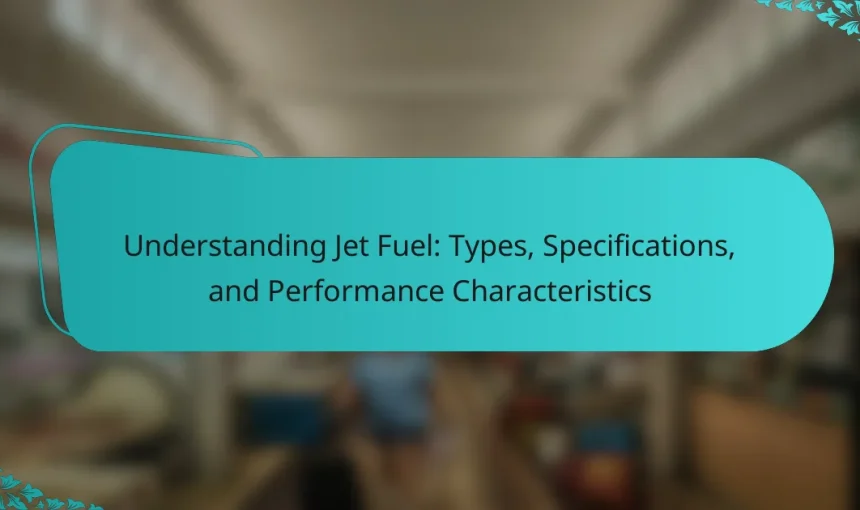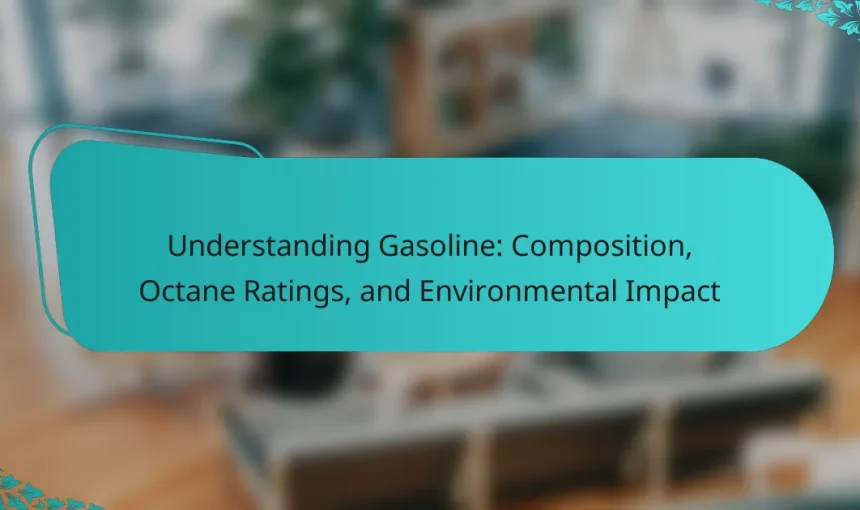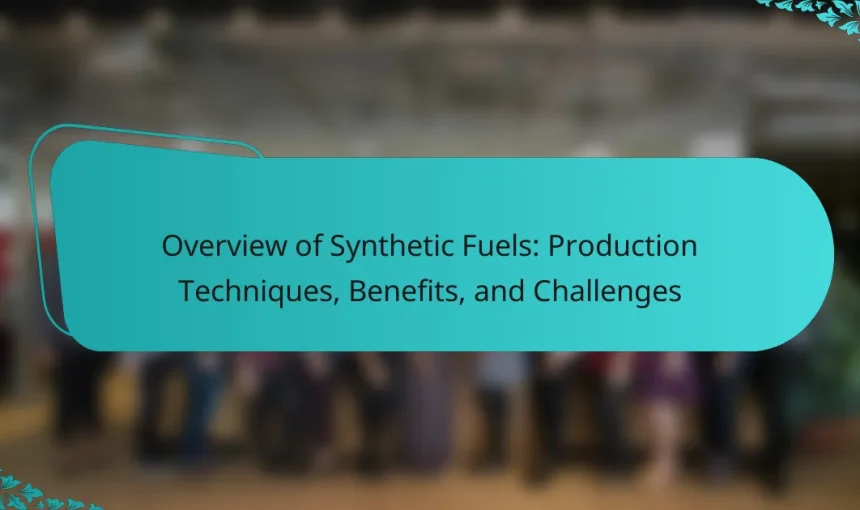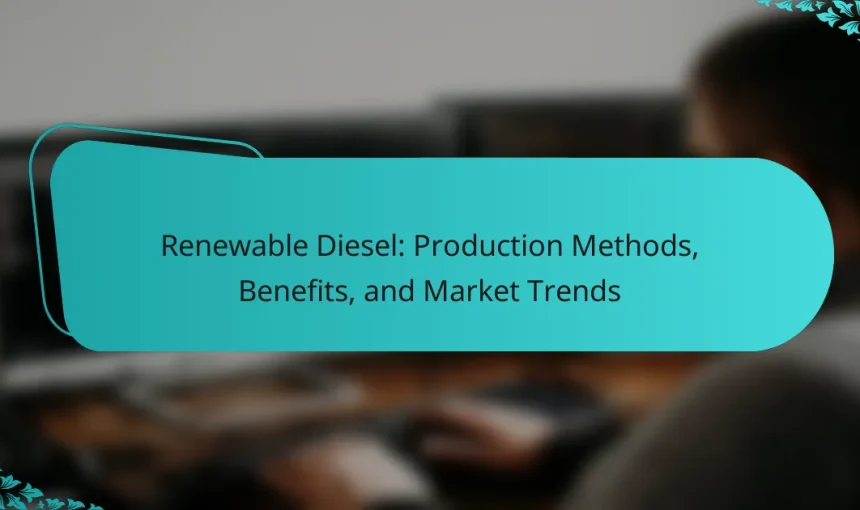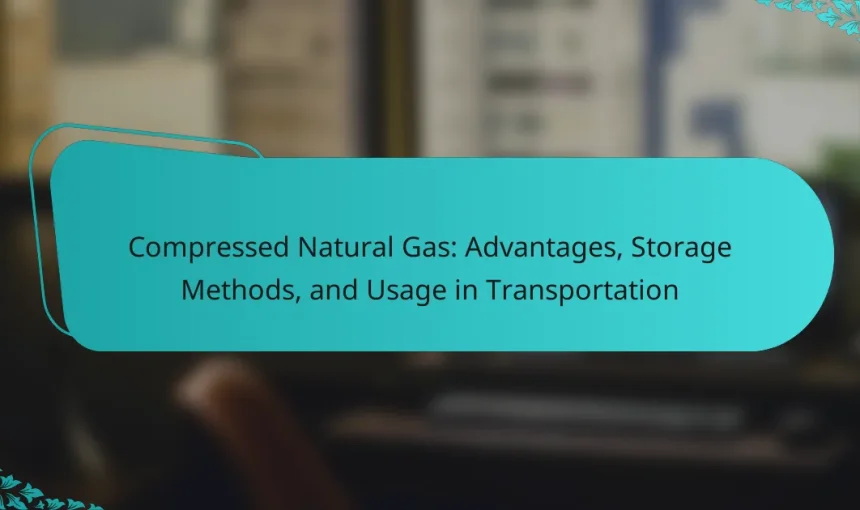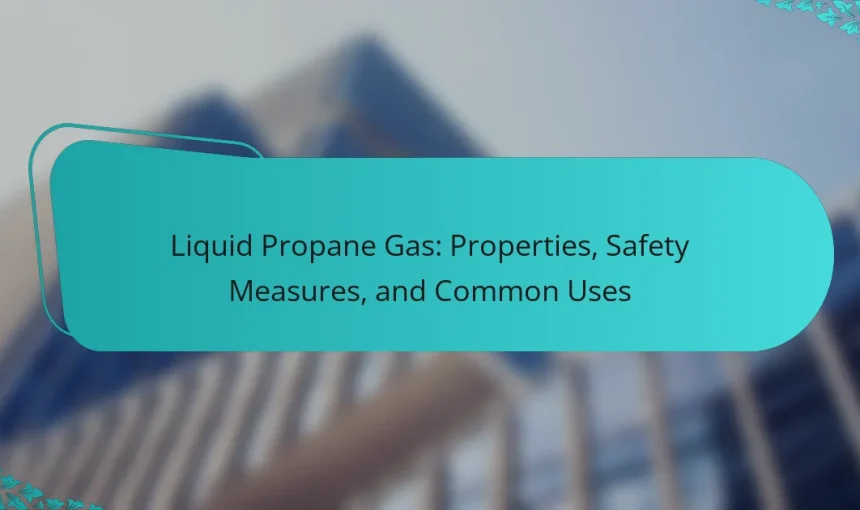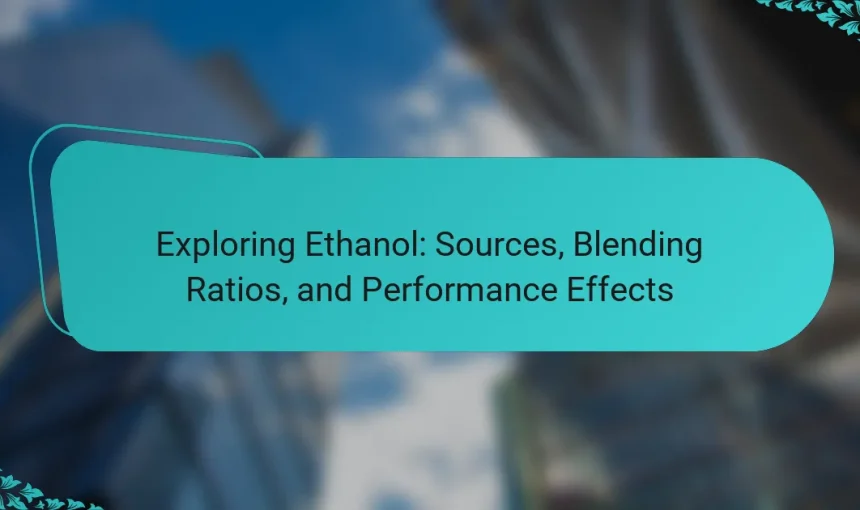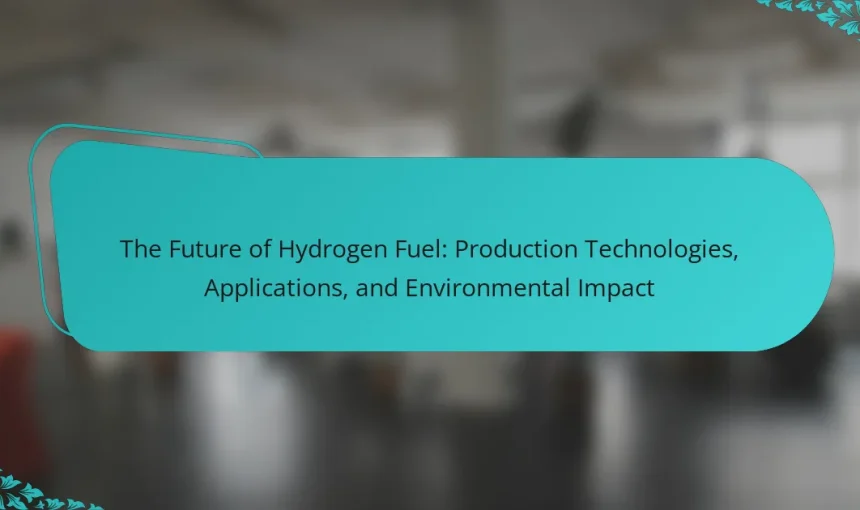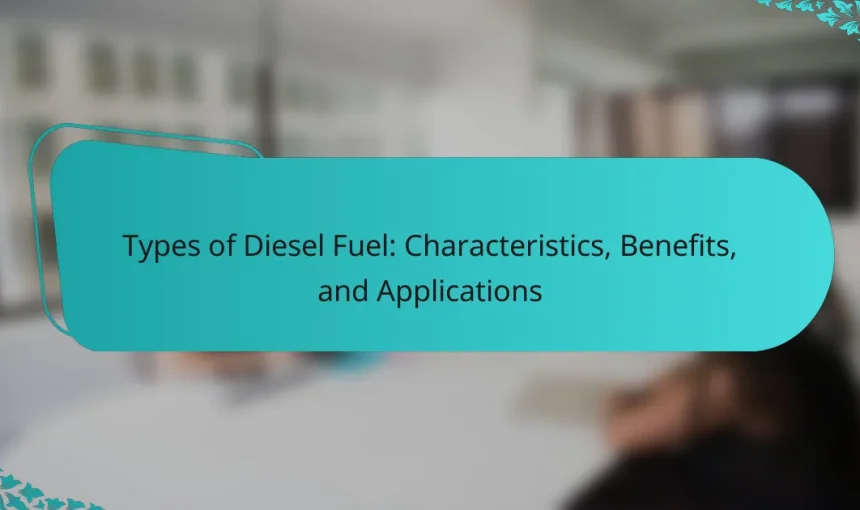What is Jet Fuel? Jet fuel is a type of aviation fuel specifically designed for use in aircraft. It primarily consists of kerosene and is formulated to meet stringent performance standards. Jet fuel provides the necessary energy for jet engines to operate efficiently. The two main types of jet fuel are Jet A and Jet […]
What is Gasoline? Gasoline is a refined petroleum product used primarily as fuel in internal combustion engines. It is composed of hydrocarbons, which are derived from crude oil through a refining process. Gasoline typically contains additives to enhance performance and reduce emissions. It has a high energy density, making it an efficient fuel source. The […]
What is Kerosene? Kerosene is a flammable hydrocarbon liquid derived from petroleum. It is commonly used as a fuel for jet engines and heating. Kerosene has a boiling point range of 150 to 300 degrees Celsius. It is also utilized in lamps and as a solvent. The chemical composition of kerosene primarily includes alkanes and […]
What are Synthetic Fuels? Synthetic fuels are man-made fuels produced from various feedstocks through chemical processes. They can be derived from coal, natural gas, or biomass. Synthetic fuels are designed to mimic the properties of conventional fossil fuels. They can be utilized in existing engines and infrastructure. The production of synthetic fuels often involves processes […]
What is Renewable Diesel? Renewable diesel is a type of biofuel produced from renewable resources. It is chemically similar to petroleum diesel. This fuel is made through processes like hydrotreating or hydrocracking. These methods convert fats, oils, and greases into a fuel suitable for diesel engines. Renewable diesel can reduce greenhouse gas emissions significantly. Studies […]
What is Compressed Natural Gas (CNG)? Compressed Natural Gas (CNG) is a form of natural gas that has been compressed to less than 1% of its volume at standard atmospheric pressure. CNG primarily consists of methane, a clean-burning fossil fuel. It is stored in high-pressure containers, making it suitable for use as an alternative fuel […]
What is Liquid Propane Gas? Liquid Propane Gas (LPG) is a flammable hydrocarbon gas that is used as fuel. It is composed primarily of propane and butane. LPG is stored under pressure in liquid form, which allows for easier transportation and storage. When released from its container, it vaporizes and can be used for heating, […]
What is Ethanol and Why is it Important? Ethanol is a colorless, flammable alcohol used as a fuel and solvent. It is produced through the fermentation of sugars and starches from plants. Ethanol is important because it serves as a renewable energy source. It helps reduce greenhouse gas emissions when blended with gasoline. In the […]
What is Hydrogen Fuel and Why is it Important for the Future? Hydrogen fuel is a clean energy source produced from hydrogen gas. It can be used in fuel cells to generate electricity with water as the only byproduct. Hydrogen fuel is important for the future due to its potential to reduce greenhouse gas emissions. […]
What are the different types of diesel fuel? There are several types of diesel fuel, each with specific characteristics. The most common types include Diesel #1, Diesel #2, and biodiesel. Diesel #1 is a lighter fuel, suitable for cold weather due to its lower pour point. Diesel #2 is the most widely used type, known […]
